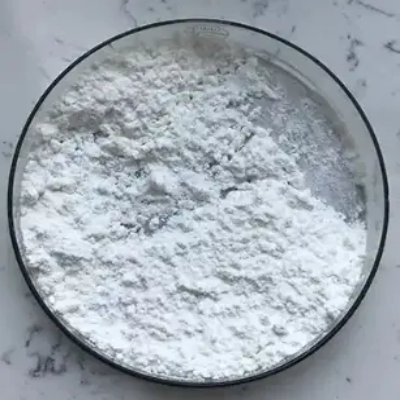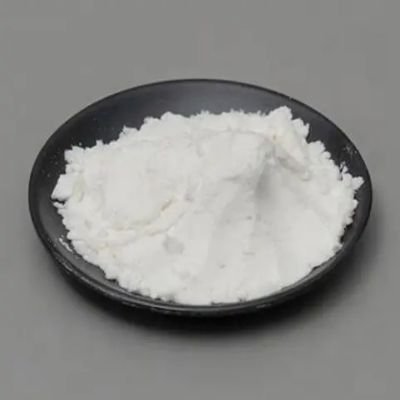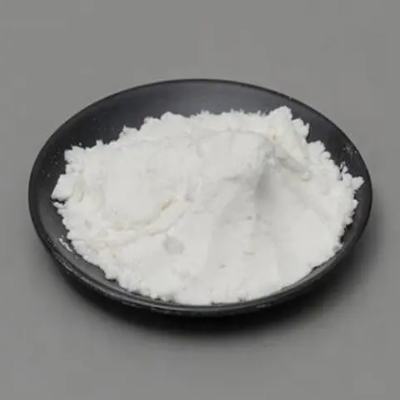Glycinonitrile hydrochloride CAS:6011-14-9
Glycinonitrile hydrochloride is characterized by its simple structure, which includes an amino group (-NH2), a carboxylic acid derivative (in the form of a nitrile, -C≡N), and a hydrochloride component that improves its stability and water solubility. This combination of functional groups makes glycinonitrile hydrochloride a versatile intermediate in organic synthesis. One of the primary applications of glycinonitrile hydrochloride lies in the pharmaceutical industry. It serves as a crucial precursor in the synthesis of various biologically active compounds, including those with potential therapeutic effects against diseases such as cancer, diabetes, and neurodegenerative disorders. The presence of both the amino and nitrile groups allows for numerous synthetic pathways, enabling chemists to tailor the final products for enhanced efficacy and specificity. In addition to its role in drug development, glycinonitrile hydrochloride is also valuable in agricultural chemistry. It can be utilized in the synthesis of agrochemicals, such as herbicides and insecticides, contributing to crop protection and yield improvement. The ability to modify its structure through chemical reactions opens new avenues for creating more effective and environmentally friendly agricultural products. Furthermore, the compound has applications in peptide chemistry. Glycinonitrile hydrochloride can be used as a building block in the development of peptides and protein analogs. Its reactivity allows for the introduction of amino acids and other functional groups, which are essential in designing new biomolecules with specific functions. The synthesis of glycinonitrile hydrochloride typically involves the reaction of glycine with cyanogen bromide or another suitable cyanide source, followed by neutralization with hydrochloric acid to form the hydrochloride salt. This method provides a straightforward and efficient route to obtain the compound, enabling its use in various laboratory settings. Despite its utility, considerations regarding safety are paramount when handling glycinonitrile hydrochloride due to its irritant nature and potential toxicity. Proper laboratory protocols should be observed to mitigate risks associated with exposure. In summary, glycinonitrile hydrochloride is a significant compound in organic chemistry, prized for its versatility and application in pharmaceuticals, agrochemicals, and peptide synthesis. Its unique structural features and reactivity make it an essential building block for advancing research and innovation across multiple fields, underscoring its importance in modern chemical synthesis.



| Composition | C2H5ClN2 |
| Assay | 99% |
| Appearance | white powder |
| CAS No. | 6011-14-9 |
| Packing | Small and bulk |
| Shelf Life | 2 years |
| Storage | Store in cool and dry area |
| Certification | ISO. |









